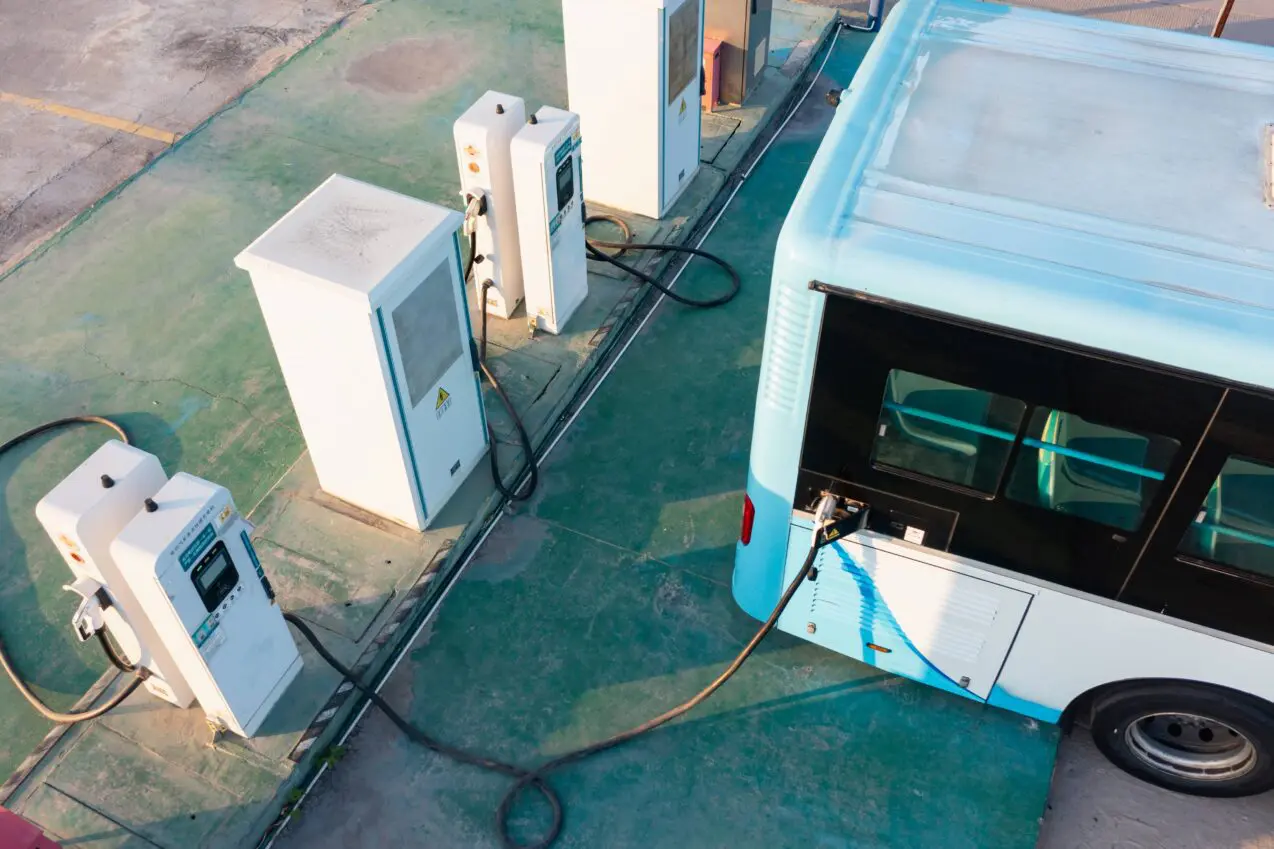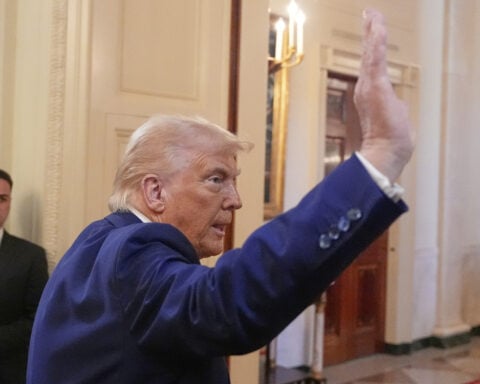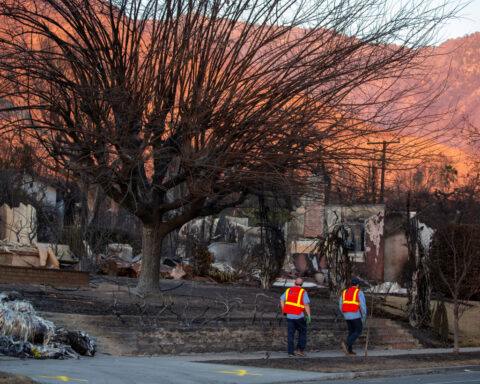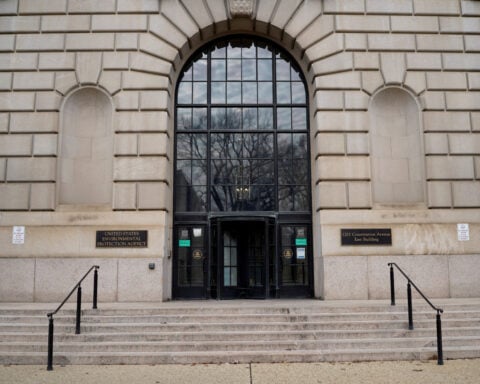The University of California, Los Angeles, has received a $19.85 million state grant to expand its electric bus fleet and build California's first in-road electric charging system ahead of the 2028 Olympic and Paralympic Games.
The funding, awarded through the California State Transportation Agency's Transit and Intercity Rail Capital Program, will support UCLA's transition to an all-electric BruinBus fleet and create a new transit hub connecting to the L.A. Metro rail service.
"This transformative grant will significantly enhance our transportation network, providing a cleaner, more efficient BruinBus fleet that aligns with our commitment to sustainability and innovation," said Tony Lucas, executive director of UCLA Events and Transportation.
The grant will fund eight new all-electric buses, adding to UCLA's current fleet of five and one all-electric passenger van. The expanded fleet will serve routes connecting student housing, the Westwood Village commercial district, Ronald Reagan UCLA Medical Center, academic buildings, and other university facilities.
Plans include the construction of a new transit hub between the UCLA bus depot and the future UCLA/Westwood station, scheduled to open in 2028. The hub will connect to the L
.A.Metro D Line light rail extension, creating the first direct rail link from downtown L
.A.to Beverly Hills, Century City, and Westwood.
Clinton Bench, director of UCLA Fleet and Transit, said the new transit hub and extension will improve connectivity in Westwood. "It will make it easier for everyone to travel between UCLA and key destinations throughout Los Angeles, especially as the city prepares to host the Olympics, thereby fostering a more integrated and accessible urban landscape," Bench said.
The project's innovative charging system will embed inductive charging coils beneath the road along the transit routes on Charles E. Young Drive between Westwood Plaza intersection and Murphy Hall. This technology allows wireless charging of electric shuttles and buses while in motion. Additional static wireless charging stations will be installed at passenger pickup and drop-off points and transit depots, including the new UCLA transit hub, to charge while vehicles are stopped.
By using a mixed-use strategy for wireless charging, UCLA will be able to minimize vehicle downtime for charging and reduce the size and weight of the vehicle's battery, all while enjoying the environmental benefits of an expanded electric fleet.
"By integrating advanced charging technology into the UCLA transit system, we are setting a precedent for the entire state," said Jared Schnader, CALSTART senior director and bus initiative lead. CALSTART, a nonprofit focused on clean transportation, collaborated with UCLA and wireless charging provider Electreon on the grant.
According to Stefan Tongur, Electreon's vice president of business development, the UCLA project follows the launch of the nation's first public electric vehicle-charging roadway in Detroit, Michigan, in November 2023.
"The world needs innovative, scalable solutions with transformative impact to advance electrification, and this project demonstrates California's commitment to a more sustainable, efficient, and accessible future," Tongur said. "Electreon is proud to be working with UCLA and CALSTART to bring our advanced EV charging technology to the region's transit system, ushering in an increasingly electric future for all."
BruinBus routes also provide connections to seven other transit agencies, enhancing regional transportation access. The expansion aligns with UCLA's goals of reducing greenhouse gas emissions and improving transportation access across the campus community.
When completed, the new transit hub will place riders within two-thirds of a mile of the UCLA campus, marking a major advancement in L.A.'s public transportation infrastructure as the city prepares to host the 2028 Olympic and Paralympic Games.

 Trump has begun another trade war. Here's a timeline of how we got here
Trump has begun another trade war. Here's a timeline of how we got here
 Canada's leader laments lost friendship with US in town that sheltered stranded Americans after 9/11
Canada's leader laments lost friendship with US in town that sheltered stranded Americans after 9/11
 Chinese EV giant BYD's fourth-quarter profit leaps 73%
Chinese EV giant BYD's fourth-quarter profit leaps 73%
 You're an American in another land? Prepare to talk about the why and how of Trump 2.0
You're an American in another land? Prepare to talk about the why and how of Trump 2.0
 Chalk talk: Star power, top teams and No. 5 seeds headline the women's March Madness Sweet 16
Chalk talk: Star power, top teams and No. 5 seeds headline the women's March Madness Sweet 16
 Purdue returns to Sweet 16 with 76-62 win over McNeese in March Madness
Purdue returns to Sweet 16 with 76-62 win over McNeese in March Madness








